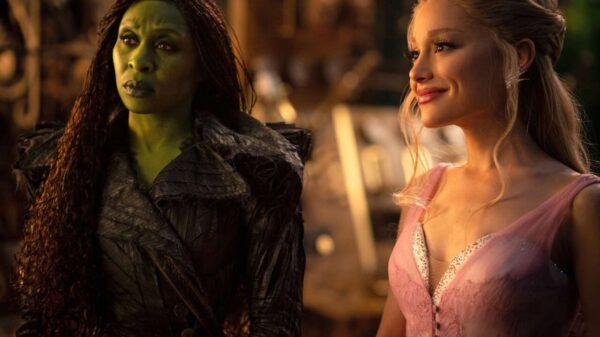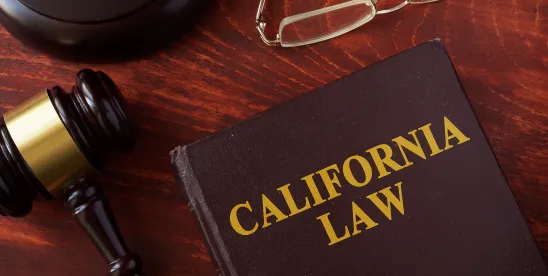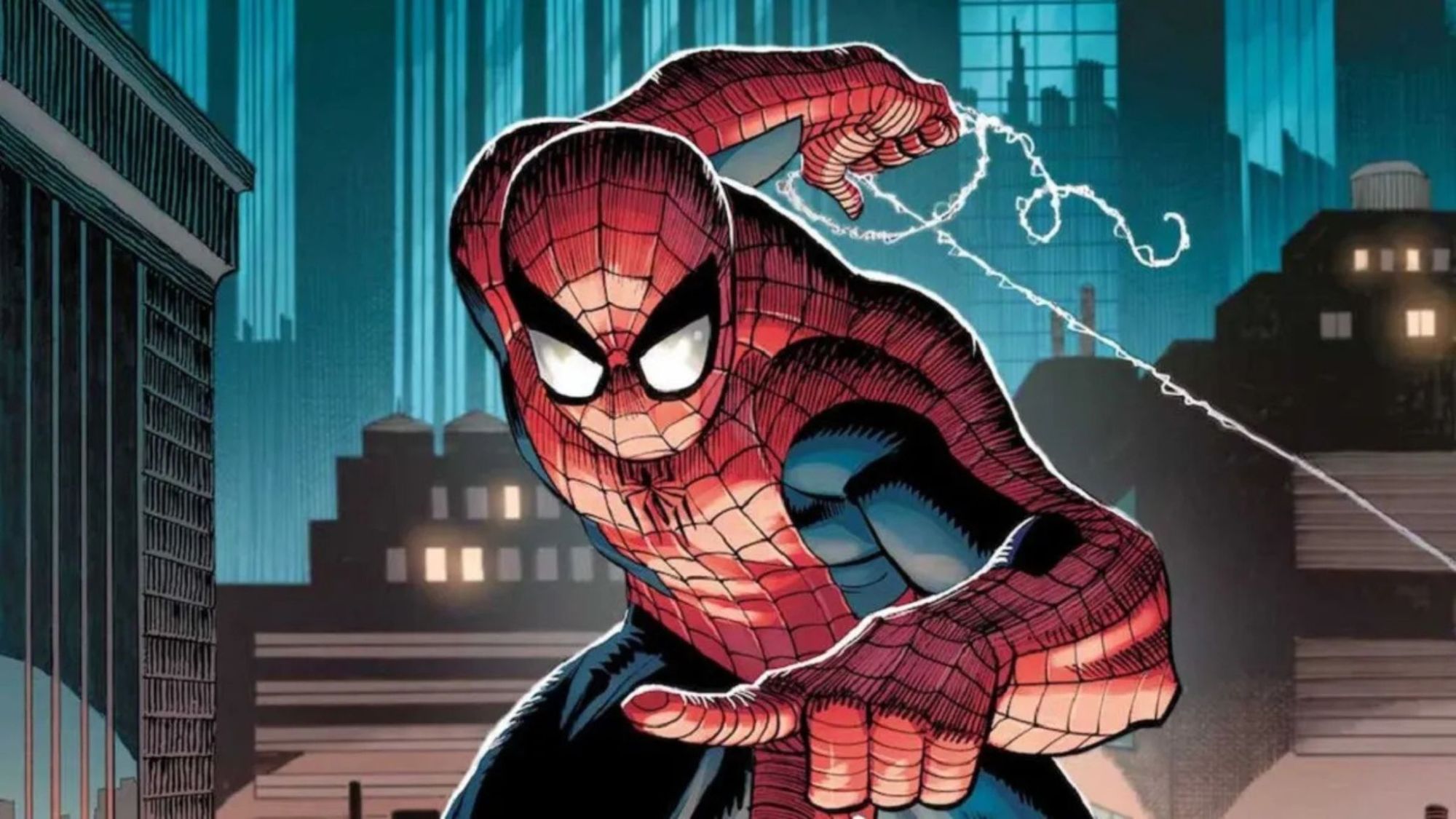The death of Uncle Ben remains a pivotal moment in the Spider-Man narrative, shaping not only Peter Parker’s character but also the moral framework of his journey. This tragic event serves as the catalyst for Peter’s transformation into a superhero, instilling in him the famous adage, “With great power comes great responsibility.” However, a growing discourse questions whether Uncle Ben’s death has been a source of strength or a burden that hinders Peter’s growth as a hero.
Uncle Ben’s Death: A Defining Tragedy
Peter Parker’s story begins with a moment of youthful selfishness. After gaining his powers, he initially uses them for personal gain, allowing a burglar to escape without intervention. This choice leads directly to Uncle Ben’s murder. The guilt from this inaction becomes a defining aspect of Peter’s identity, manifesting as a heavy weight that influences all his subsequent actions. Rather than serving purely as motivation, this guilt may actually restrict his potential, shackling him to a past mistake rather than allowing him to embrace his powers fully.
The phrase “With great power comes great responsibility” often interpreted as a guiding principle, could instead represent a continuous cycle of self-reproach for Peter. Unlike other heroes whose motivations stem from external factors, such as Batman’s quest for justice or Superman’s innate desire to protect humanity, Peter’s journey is deeply introspective. Each act of heroism becomes a futile attempt to atone for his past, leading to a crippling fear of failure that inhibits his effectiveness in critical situations.
Analyzing the Impact on Heroism
The narrative established by Uncle Ben’s death creates a reactive hero, one who is constantly responding to threats rather than proactively shaping his own destiny. This contrasts sharply with figures like Daredevil, who throws himself into danger without hesitation. Peter’s burden of guilt makes him reluctant to take necessary risks, which can be vital in high-stakes scenarios. His fear of repeating past mistakes can leave him paralyzed in crucial moments, limiting his ability to act decisively.
This guilt complex stunts Peter’s personal growth and hinders his evolution as a hero. The pressure to live up to Uncle Ben’s legacy keeps him trapped in a cycle of teenage angst, even as he matures into adulthood. The comics often depict Peter grappling with his identity, relationships, and financial struggles, all tied back to his overwhelming sense of responsibility. Sacrificing his personal life and friendships becomes less about heroism and more about a form of self-punishment.
Imagining a Spider-Man free from this guilt opens up possibilities for a hero unencumbered by past tragedies. In alternate storylines, such as those presented in Marvel’s “What If?” series, we see versions of Peter who approach life with confidence and innovation. These iterations are not haunted by Uncle Ben’s death; rather, they are defined by a future filled with potential.
Ultimately, the tragedy of Uncle Ben’s death may lie not just in the loss of a beloved character but in how it restricts Peter Parker’s growth. While it undoubtedly shapes him into a decent hero, it also prevents him from reaching greater heights. The very event that catalyzed Spider-Man’s journey may simultaneously bind him to a legacy of guilt, leaving him forever struggling against the shadows of his past.





































































